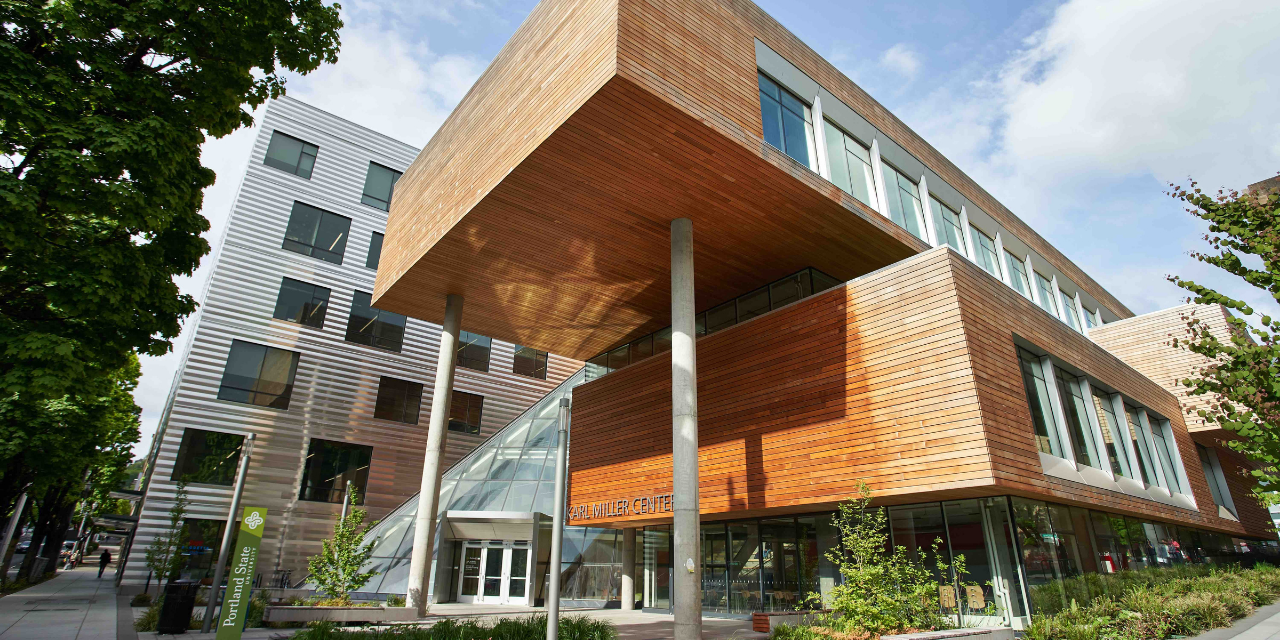Until yesterday, Professor Peter Boghossian taught philosophy at Portland State University, where he has been for the last decade. But he ceremoniously quit his teaching post by submitting his letter of resignation to the school’s provost and published that letter at Bari Weiss’s Substack column.
If you recall, Ms. Weiss resigned her own coveted position as a New York Times reporter last year under protest. As she explained to the Times executive editor,
“Twitter is not on the masthead of The New York Times. But Twitter has become its ultimate editor. As the ethics and mores of that platform have become those of the paper, the paper itself has increasingly become a kind of performance space.”
Professor Boghossian resigned his position at his beloved university for similar reasons: It ceased its original mission.
Boghossian joined the university, not to tell his students what to think, but to teach them how to think. He believed he was joining a group of professionals that were committed to growing critical thinkers, not machines. That is no longer the case. In his letter to the university’s provost, Dr. Boghossian, explained,
“But brick by brick, the university has made this kind of intellectual exploration impossible. It has transformed a bastion of free inquiry into a Social Justice factory whose only inputs were race, gender, and victimhood and whose only outputs were grievance and division.”
He lamented,
“Students at Portland State are not being taught to think. Rather, they are being trained to mimic the moral certainty of ideologues. Faculty and administrators have abdicated the university’s truth-seeking mission and instead drive intolerance of divergent beliefs and opinions. This has created a culture of offense where students are now afraid to speak openly and honestly.”
Boghossian explained he became a teacher and loves teaching because “I never once believed — nor do I now — that the purpose of instruction was to lead my students to a particular conclusion.”
He continues, “Rather, I sought to create the conditions for rigorous thought; to help them gain the tools to hunt and furrow for their own conclusions” based on rigorous research, critical thinking and listening to diverse voices.
Dr. Boghossian explained that troubles started for him, not because of what he was teaching, but because he started asking critical questions. And, “Unlike my colleagues, I asked these questions out loud and in public.” He added, “The more I spoke out about these issues, the more retaliation I faced” from others on campus. He began co-authoring, with mathematician James A. Lindsay and Aero’s Helen Pluckrose, numerous articles brilliantly demonstrating the collapse of critical thinking in academia today.
Upon publishing these articles, he began to be attacked and verbally harassed by students and fellow professors at his university. He had been spit on and threatened as he walked to class. And finally, he could take no more.
He ends his letter with this chilling charge,
“Portland State University has failed in fulfilling this duty. In doing so it has failed not only its students but the public that supports it. While I am grateful for the opportunity to have taught at Portland State for over a decade, it has become clear to me that this institution is no place for people who intend to think freely and explore ideas.”
Education is about learning how to explore truth and boldly following wherever it leads. That is why libraries and the idea of the university and the classroom are so intertwined with the spread of Christianity around the world and throughout history. Education, rightly understood, is the free and intentional exploration of the wonder and glory of God’s world and creation. But unfortunately, this free exploration is becoming increasingly rare in the spaces where it should be most encouraged. Dr. Boghossian’s regretful resignation is the most recent evidence of this fact.
Photo from Shutterstock.






